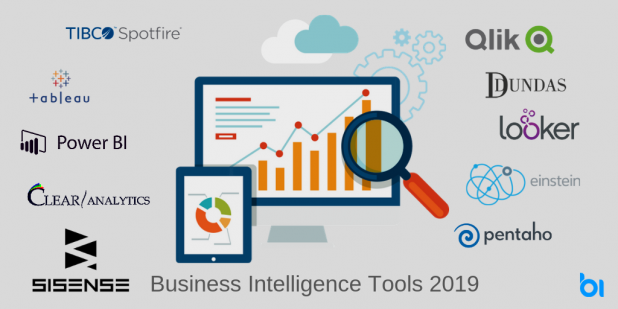In a recent study, Business Insider revealed that up to 85% of customer interactions may be completed without a human by as soon as next year. As the use of artificial intelligence becomes more affordable – and therefore more accessible – even small businesses are getting on board with the benefits that it can offer to e-commerce. Most of us are already familiar with self-checkouts in supermarkets and new technology in airports which use AI but, these are only the beginning. We take a look at 10 ways in which AI is set to further disrupt the e-commerce industry in the very near future.
Supersizing the sales message
Many businesses are discovering the benefits of integrating artificial intelligence into their CRM in order to make the sales process easier and more customer-centric. The use of language learning and voice input means that CRM systems are able to ask questions of customers in order to solve problems, answer queries and increase sales. E-commerce giant, North Face, uses this to great effect using IBM’s Watson which allows the brand to narrow down customer queries – for example, ‘where / when will you be wearing your jacket?’. The system is then able to search for the perfect product based on the customer’s responses.
Perfecting personalisation
Most businesses are now aware that providing an increasingly personalised service is key to retaining customers. AI is advancing with breakneck speed in this area, creating systems which cover multiple customer touch points to continuously monitor customer interaction. This information is then used to inform the business about every aspect of the customer journey in order to constantly update and improve on delivering a personalised service.
Hold the phone – you’re talking to a bot
Businesses have been using chatbots for interactions through the internet for some time – and these are evolving even faster than customer demands are. The new wave of customer service employee, chatbots, can be used to provide customer facing tasks over the internet, by email and, even over the phone. In fact, chatbots are being inserted into every step of the e-commerce process, from shopping carts to taking and processing orders by telephone.

Offering assistance – virtually
Almost a quarter of all UK households now have a device such as Alexa. Although these devices were initially seen as a fad, used to turn electric devices on and off, e-commerce businesses are now taking advantage of this technology. Companies like StubHub are now using virtual assistants to offer information to customers and to accept and process orders.
The new personal shopper
Since the 1980s, time-challenged consumers have used personal shoppers in order to help them save time. In the past, these would tend to be real life human beings with encyclopedic knowledge of the store and the ranges sold there. These days, e-commerce is turning to machines to perform the same task. Customers are now able to access a virtual personal shopper whilst browsing in store to help them find the item that they are looking for.

Special agent courtesy of AI
The use of automated agents can take a lot of the strain and expense out of the process for businesses. Intelligent agents are already being used to match buyers and sellers, facilitate increased transactions and to provide an institutional infrastructure. Fully automated, this new wave of agents is able to react to environments and to even use initiative to generate targets.
The AI equivalent of the Swiss army knife
As AI advances, its capabilities are growing beyond all expectations. Businesses are now investing in an ‘assortment intelligence tool’ which takes care of visibility, insights, competitor monitoring and much more. Tailor made for retailers and e-commerce sites, this impressive tool can quickly and easily manage multiple functions in real time.

Your friendly spy
Sophisticated sentiment analysis tools are now widely available to e-commerce businesses, and some are even free to use. These vital tools are able to search the world wide web in order to find mentions of a brand across a number of platforms. Not only that but, the tool will then produce a report of the overall ‘sentiment’ behind the mentions, based on ‘positive’, ‘neutral’ and ‘negative’. This allows a brand to earwig on what their customers are saying and, to perform crisis management where necessary.
Invite yourself in
AI based tools such as Amazon’s Dash button are now a regular feature in a number of homes. These tools allow customers to re-order products without lifting a finger – and are a great resource for e-commerce sites.
There was a time when technology such as artificial intelligence was the sole property of huge, cash-rich corporations – but those days are gone. With so many affordable and easy to use options on the market in 2019, any brand not taking advantage of them will soon find itself being left behind – virtually speaking.




